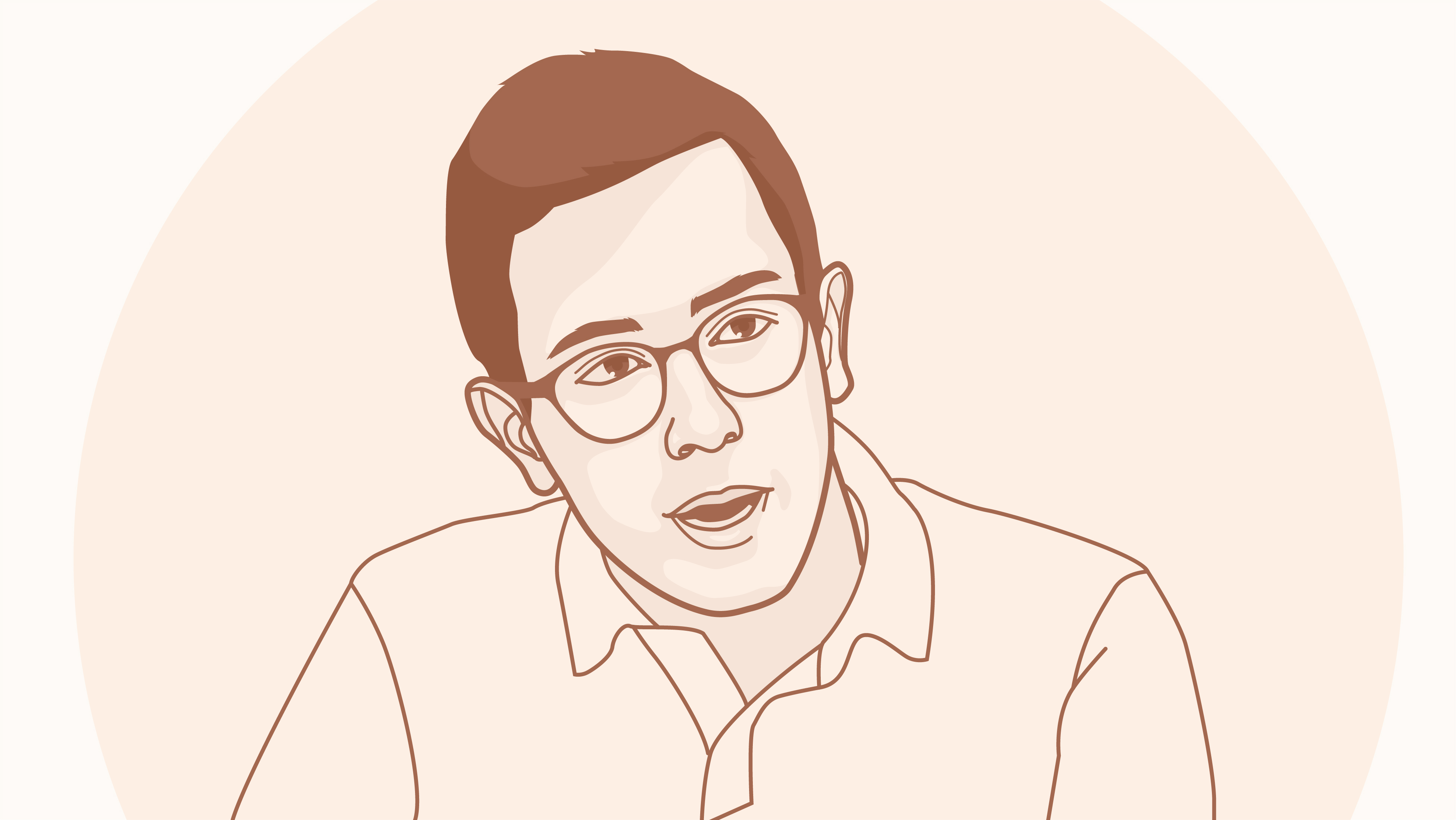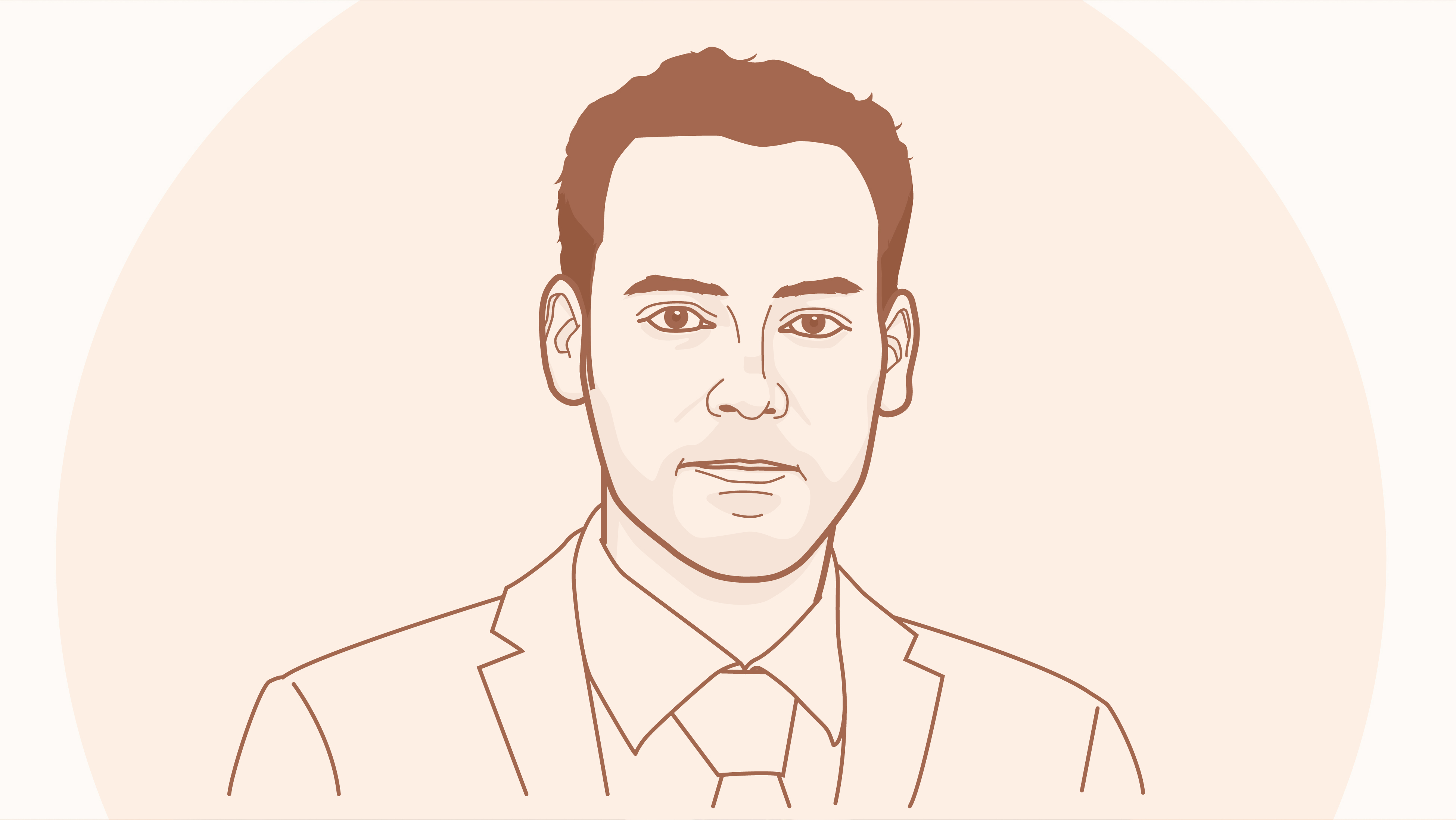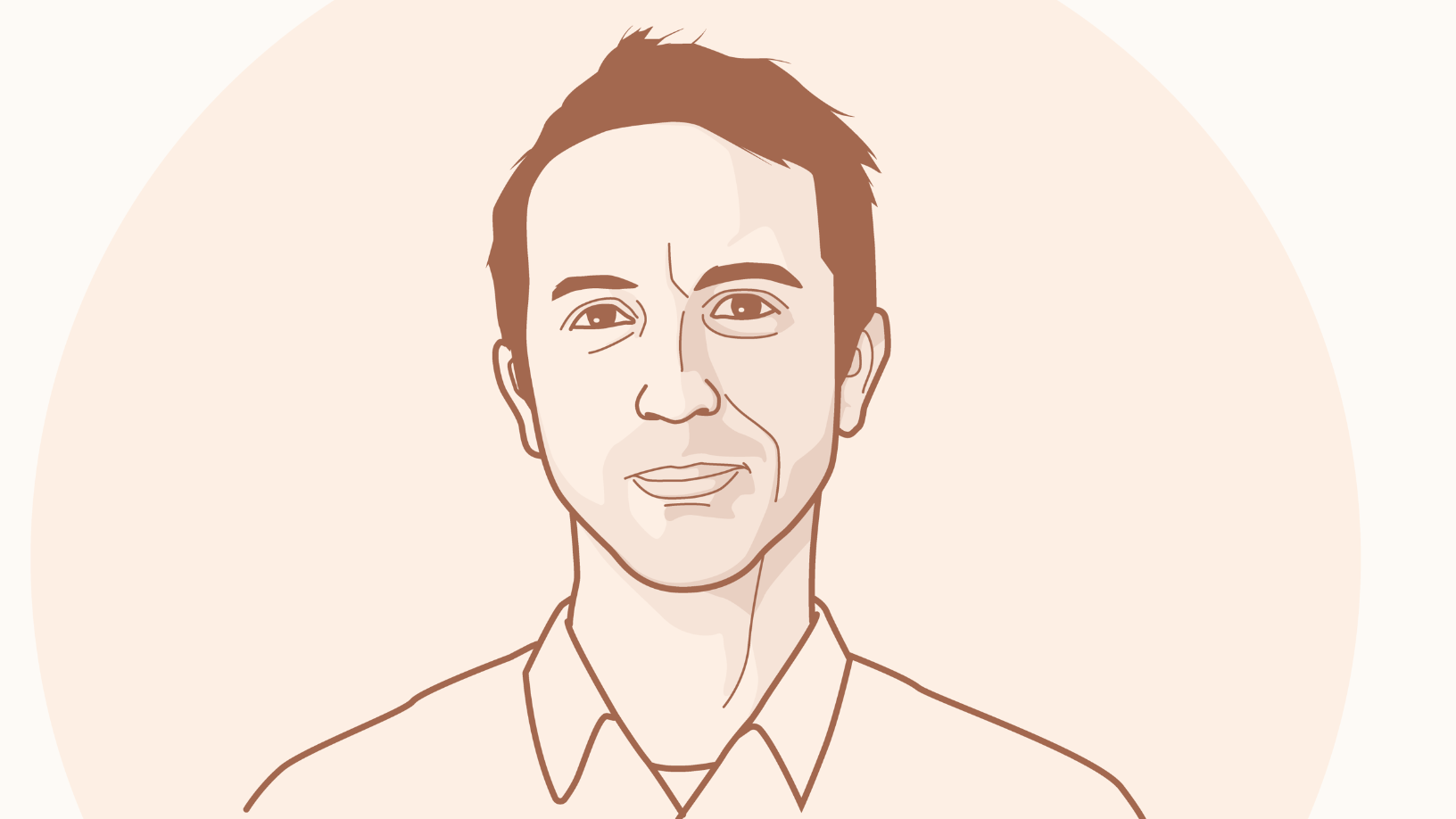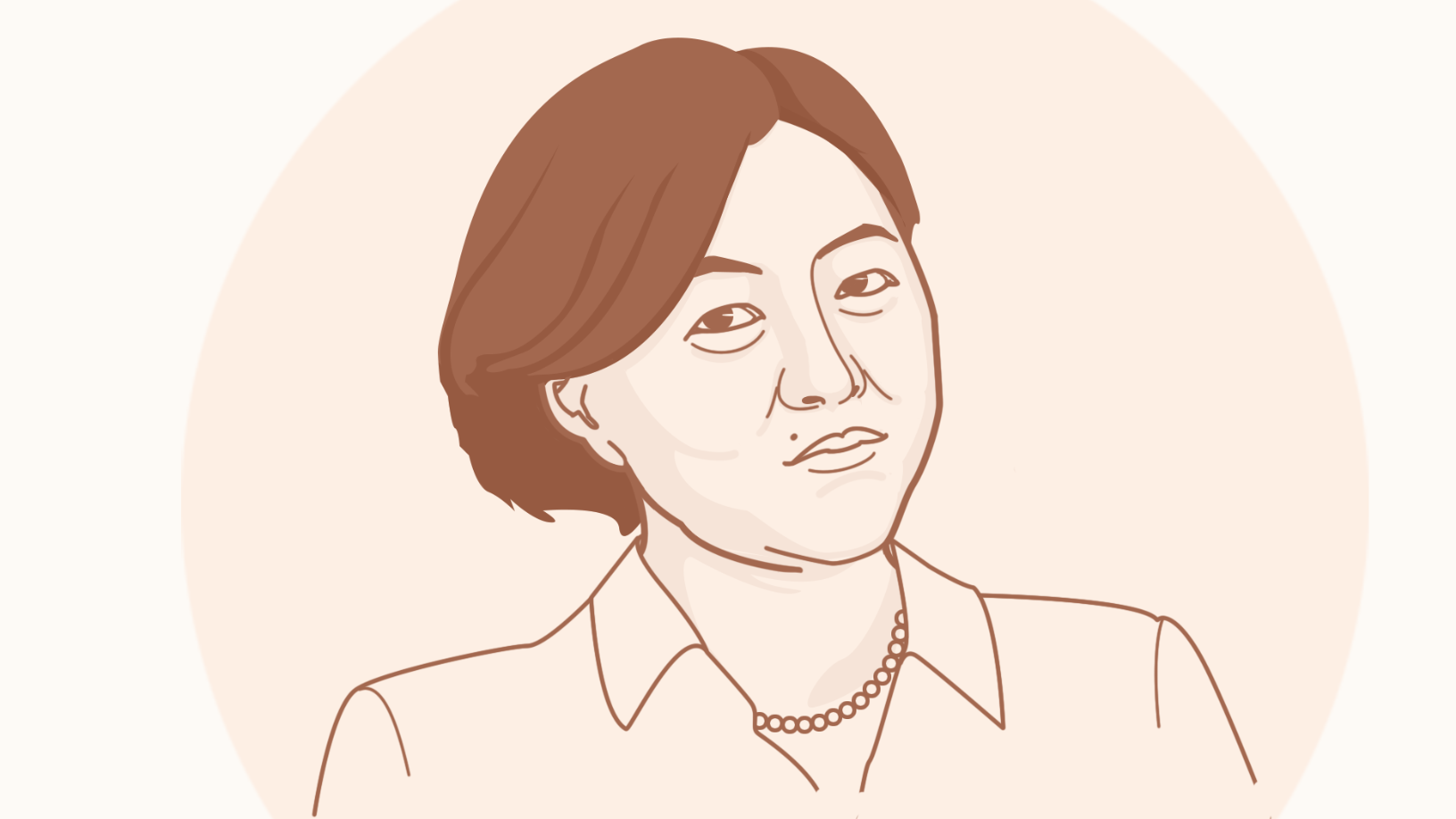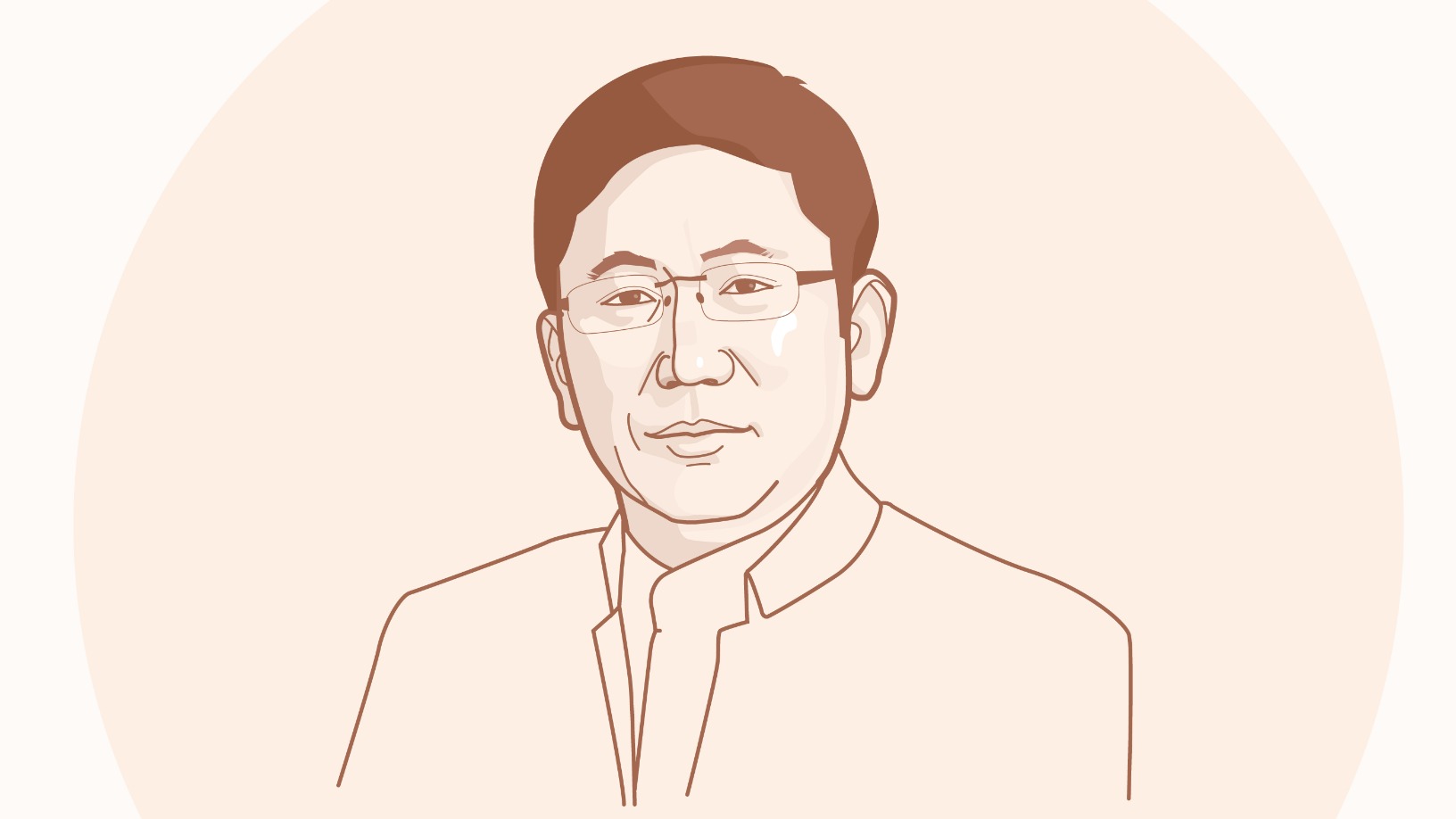Alex Sicart’s reputation precedes him. At the tender age of 18, he was named to Forbes’s 30 Under 30 list of European tech entrepreneurs to watch in 2017. Sicart had founded Sharge, a blockchain-based P2P electricity-sharing network for charging electric cars, two years earlier.
Known as a tech wunderkind of sorts in Spain, especially in his native Catalonia, Sicart had taught himself programming with online tutorials by the age of 10. When he was 13, he built his first app, Student’s Manager, for students to organize their homework and share tasks. The project helped Sicart secure a spot in Y Combinator’s Startup School.
At 16 he started developing Sharge, a project he defined as the Airbnb of electric car charging stations. Sharge deploys blockchain technology in sharing-economy models to connect, via a mobile app, owners of charging points in their homes with owners of electric vehicles looking for power sockets.
Meanwhile, a smart device called Sharger, which connects to the charging point and also the Internet, enables direct energy exchanges between individuals through "smart contracts," with prices negotiated via blockchain technology and autonomous payments. The Sharge project won the Audi Creativity Challenge, and the prize was a summer scholarship in Silicon Valley. There, Sicart saw the rise of multiple blockchain projects, which led him to delve into P2P models.
Bureaucracy stumbling block
Upon returning to Spain to further develop Sharge, Sicart was hamstrung by Spanish regulations that did not allow the reselling of energy among individuals, and the project stalled.
“I wanted to focus on the product, but we did not stop talking to lawyers,” Sicart recalled in a Medium post. “It’s easy to talk as a blockchain passionate [sic] but very difficult to truly develop a working product. The prospects for this technology are huge, but in order to get there we have to start with real use cases now,” he added.
The Sharge experience taught Sicart that blockchain can better fulfill its potential when regulation does not limit its application and growth. Sicart then changed his approach, delving into decentralized systems – the core of blockchain technology – and started exploring new tech solutions, in particular, using Ethereum and the Inter-Planetary File System (IPFS) to transform how transfers work, by substituting HTTP protocols with IPFS.
In 2017 he also founded File Nation, a platform that allows secure and free exchanges of files based on IPFS protocol, which he defined as the "decentralized WeTransfer." The popular cloud-based solution only allows a maximum transfer of 2GB files, and transferred files are located within the WeTransfer cloud and expire automatically after one week.
"I realized it was possible to create something similar but more efficient using blockchain technology,” Sicart said. “With File Nation we enabled users to transfer files of any size, connecting multiple computers in a P2P network and we do not remove files after a given period."
Backed by Y Combinator
According to Sicart, the world’s most-used apps, such as WeTransfer, Uber and Airbnb, act as mere intermediaries connecting users within a platform. Sicart's vision is to convert centralized systems into decentralized ones distributing power across a collaborative network with no any single point of control.
File Nation has been recently backed by Y Combinator, and has pivoted to focus on the B2B market by enabling companies to exchange files in a secure way. Corporates tend to avoid using WeTransfer because of security concerns and its lack of compliance with global regulations.
Through the use of cryptography, File Nation adds a further level of security, which allows the monitoring of the number of clicks performed and by whom a given file has been downloaded and how many times.
Sicart is a firm believer that blockchain has the potential to transform the energy industry, too. "Blockchain would be useful, for example, if you had solar panels and wanted to sell your energy to another producer. Thanks to blockchain, you can do that automatically and safely," he said.
Last year, Sicart joined Cryptosolartech as its advisor for disruptive technologies. The startup provides sustainable cryptomining solutions using the energy provided by multiple solar panels installed in the southern region of Spain.
Sustainable cryptomining
Sicart backs the idea of undertaking cryptomining activities in more sustainable ways, as the process currently consumes the same amount of energy as the whole of Ireland. Cryptosolartech is working on launching the largest mining farm for CO2-free cryptocurrency in Andalusia, Southern Spain. "I don't like to get involved in too many projects, but this one is worth it," he said.
Straight after the Cryptosolartech project, and armed with lessons learned from starting and running Sharge, Sicart co-founded Shasta last year. Shasta is a mobile app operated through Ethereum that creates a virtual market in which consumers and producers come together to exchange energy. “I realized that the current [energy] distribution system is outdated, and from these premises I founded Shasta," he said.
Exchanges using Shasta are secured with smart contracts and payments can be made exclusively with cryptocurrencies; no euros or dollars are accepted. Shasta's goal is to democratize the energy industry, allowing users to choose the source of electricity – at the lowest and fairest price – without fees for intermediaries.
Sicart envisons a society where everyone will have the right to produce and sell energy. "Technology should be understood only as a tool to find solutions to the problems of humanity, to make the world a better place," he said. "The first great blockchain revolution is not to improve it, but to let people see that it is improving their lives," he added.
Not just a computer wiz, Sicart is passionate about literature and music, too, and recently started learning the piano. A year ago, after he completed high school, he defied expectations and took time off to travel instead of joining a prestigious university or research center. In fact, he questions if spending four years at university would be a worthwhile commitment. He is critical of the current education system in Spain, preferring a society where knowledge is open to everyone and independent of politics and the government.
“Education must be open and decentralized to allow a vast amount of different points of view to coexist,” he said, once again reflecting his belief in blockchain and its power to democratize society and the access to resources.
